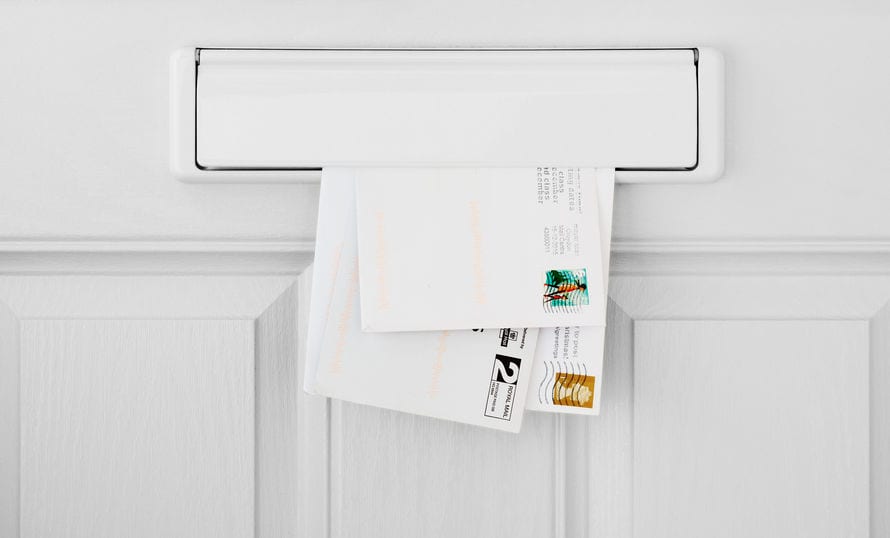If your tax return shows a different amount for estimated taxes paid than what is posted to your IRS account, the IRS will send you a CP23 Notice. In many cases, a higher amount for estimated tax payments was filled in on a return than was actually paid.
As a result of this discrepancy, the IRS will amend your return. If you paid less, this change will result in you owing back taxes. We will discuss more about IRS CP23, underpaid estimated taxes, and payment options to resolve this tax debt.
Why Did I Receive a CP23 Notice From the IRS?
As mentioned above, a CP23 Notice is a letter the IRS sends whenever there is a difference between the amount of estimated payments reported on a tax return and the amount of payment they received. This notice will also show the IRS changes to your return and any balance due.
Two of the most common reasons for IRS CP23 Notices are indicating you paid more in estimated taxes than you did or adding an estimated tax entry by mistake on your return.
If you receive a CP23, compare the estimated payments amount in your notice with your records and payment receipts. This will help you determine if you do owe the IRS money or need to appeal the adjustments to your return.
Will I Have to Pay a Tax Penalty If I Underpaid Estimated Taxes?
Yes, just like with other underpayments, you will pay a penalty if you do not pay enough for what you owe for estimated taxes.
When you fail to pay the correct estimated taxes throughout the tax year, the IRS charges an underpayment penalty amount based on how much you did not pay, when your payment was due, and interest owed.
How Can I Change My Estimated Tax Payments to Make Sure I Pay the Correct Amount?
The best way to determine the amount for the four estimated tax payments each year is to use IRS Form 1040-ES. You will start with last year’s return and use the 1040-ES worksheets to figure this year’s estimates based on received/expected income, deductions, and eligible credits.
To download Form 1040-ES and instructions online, go to https://irs.gov/forms-pubs/about-form-1040-es.
Can I Appeal or Dispute My CP23 Notice If I Already Paid or Didn’t Owe Estimated Taxes?
If you disagree with the changes made by the IRS on your return because you already paid or do not owe any estimated taxes, you can dispute the proposed changes in your CP23 Notice.
Here are a few ways to appeal your estimated tax payments:
- Call IRS: contact the IRS within 60 days of the date on your notice. Call the number provided in your CP23 to review your payments with an IRS representative or to go over why you do not owe estimated taxes.
- Send an Appeal Letter: another option to dispute the changes is to send a letter to the IRS by mail. Attach a copy of your CP23 notice and all relevant documents related to your estimated taxes. It can take the IRS 60 days or so to determine whether to reverse or uphold its changes.
- Consult a Tax Professional: Contact us to help plan your CP23 appeal. We can review your estimated tax situation to see if you have a good case or even qualify for penalty abatement.
If your estimated tax appeal or dispute is successful, the IRS will reverse the changes made to your return. However, if you are unable to prove you paid the right estimated taxes or do not owe them, the IRS may decide to audit your return in more detail.
Will the IRS Charge Interest on My CP23 Notice Tax Balance?
Yes, the law requires the IRS to charge interest on any CP23 Notice tax balance due. You will accrue interest until you pay your back taxes in full and interest rates can change every quarter.
You can view current IRS interest rates at https://irs.gov/payments/quarterly-interest-rates.
What Are My Payment Options If I Receive a CP23 Balance Due Notice and Can’t Pay the Full Amount?
If you cannot pay the CP23 Notice tax balance in full, you can request an IRS payment plan. The IRS offers different types of installment agreements, depending on the amount you owe and your financial situation. Some of these plans include Guaranteed Installment Agreements and Non-Streamlined Installment Agreements.
In cases of severe financial hardship or distress, the IRS offers an Offer in Compromise to reduce your balance or Currently Not Collectible status to pause collections until your hardship goes away.
Submitting inaccurate estimated taxes can result in a CP23 Notice from the IRS, which often means you owe back taxes, plus penalties and interest on your unpaid taxes. These additional amounts can quickly add up and create financial strain. If you need help to resolve your CP23 Notice tax liability, a licensed tax professional can guide you.
Need more help? You can start online by answering 6 simple questions. You can also call us at 866-568-4593.
6 Simple Questions. Free Evaluation.
Join our Newsletter
Enter your email address to join our free newsletter. Get all the latest news and updates.

